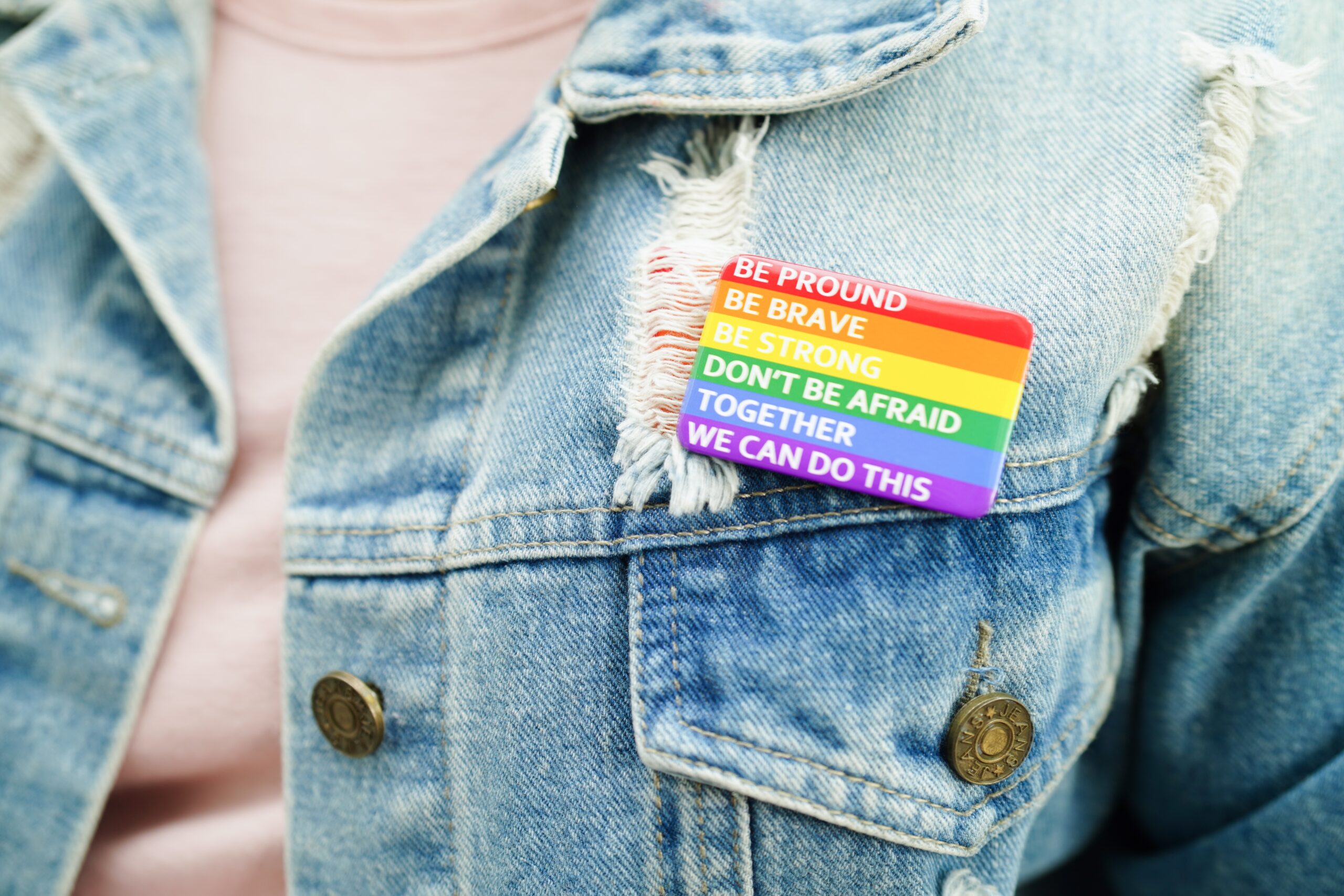No Pride Proclamation – What’s the Message?

The Trump administration has taken a different approach to Pride Month in 2025, with no official proclamation planned and several policy changes affecting LGBTQ+ recognition.
At a Glance
- White House Press Secretary Karoline Leavitt confirmed there are no plans for a Pride Month proclamation from President Trump
- The Education Department has rebranded June as “Title IX Month” focusing on women’s rights in sports
- The Navy plans to rename the USNS Harvey Milk, a ship honoring the gay rights activist
- The FBI reportedly discouraged staff from celebrating Pride Month on company time
- Late-night host Stephen Colbert criticized the administration’s approach to LGBTQ+ issues
Administration’s Stance on Pride Month
June has been recognized as Pride Month by the federal government for 25 years, but the Trump administration has signaled a shift in priorities for 2025. White House Press Secretary Karoline Leavitt recently addressed the issue during a press briefing, stating the administration’s position clearly and without elaboration.
“Well, there are no plans for a proclamation for the month of June, but I can tell you this president is very proud to be a president for all Americans, regardless of race, religion or creed.”, said White House Press Secretary Karoline Leavitt.
This approach mirrors Trump’s first term, when he did not issue formal Pride Month proclamations. However, in 2019, he did acknowledge Pride Month through social media, highlighting his administration’s global campaign to decriminalize homosexuality in countries where it remains illegal.
Policy Changes Affecting LGBTQ+ Recognition
Several federal departments have implemented changes that signal a shift in priorities. The Department of Education has officially designated June as “Title IX Month,” focusing on women’s rights in sports. This move appears designed to counter Biden-era rules on gender identity in sports participation. Meanwhile, the Department of Justice has announced plans to remove Harvey Milk’s name from a Navy ship that had been named in honor of the gay rights activist and former San Francisco supervisor.
A Pentagon spokesperson explained the decision to rename the vessel, saying: “The decision is being made to reflect the president’s ‘priorities, our nation’s history and the warrior ethos.’” Internal communications at the FBI reportedly discouraged staff from celebrating Pride Month on company time, further indicating a systematic shift away from previous administrations’ approach to LGBTQ+ recognition.
Colbert’s Criticism
Late-night television host Stephen Colbert used his platform on “The Late Show” to criticize the Trump administration’s approach to Pride Month. Colbert pointed to what he described as a pattern of actions affecting LGBTQ+ rights, including transgender military service restrictions and changes to health funding. His commentary highlighted the contrast between the administration’s stance and the growing corporate and public support for Pride Month.
“This is shortsighted and long-stupidded and unsurprising. Since taking office, the Trump Administration has curtailed protections around LGBTQ rights, banned trans service members from the military, axed hundreds of millions in LGBTQ health funding, and now said they have no plans to issue a Pride Month proclamation this June.”, said Stephen Colbert.
Context and History
While the current administration has not embraced Pride Month officially, Trump did acknowledge LGBTQ+ issues during his previous term. In 2019, he posted support for Pride Month while announcing a global initiative against anti-LGBTQ+ laws. “As we celebrate LGBT Pride Month and recognize the outstanding contributions LGBT people have made to our great Nation, let us also stand in solidarity with the many LGBT people who live in dozens of countries worldwide that punish, imprison, or even execute individuals,” Trump stated at that time.
Meanwhile, some corporations appear to be recalibrating their approach to Pride Month this year. Recent reporting suggests several companies have reduced their funding and visible support for Pride events, potentially fearing customer backlash during a politically charged period. The contrast between government stance and corporate positioning reflects the complex cultural and political environment surrounding LGBTQ+ recognition in 2025.
























